Railroad Greenhouse Gas Expert - Railroad Emissions Insights
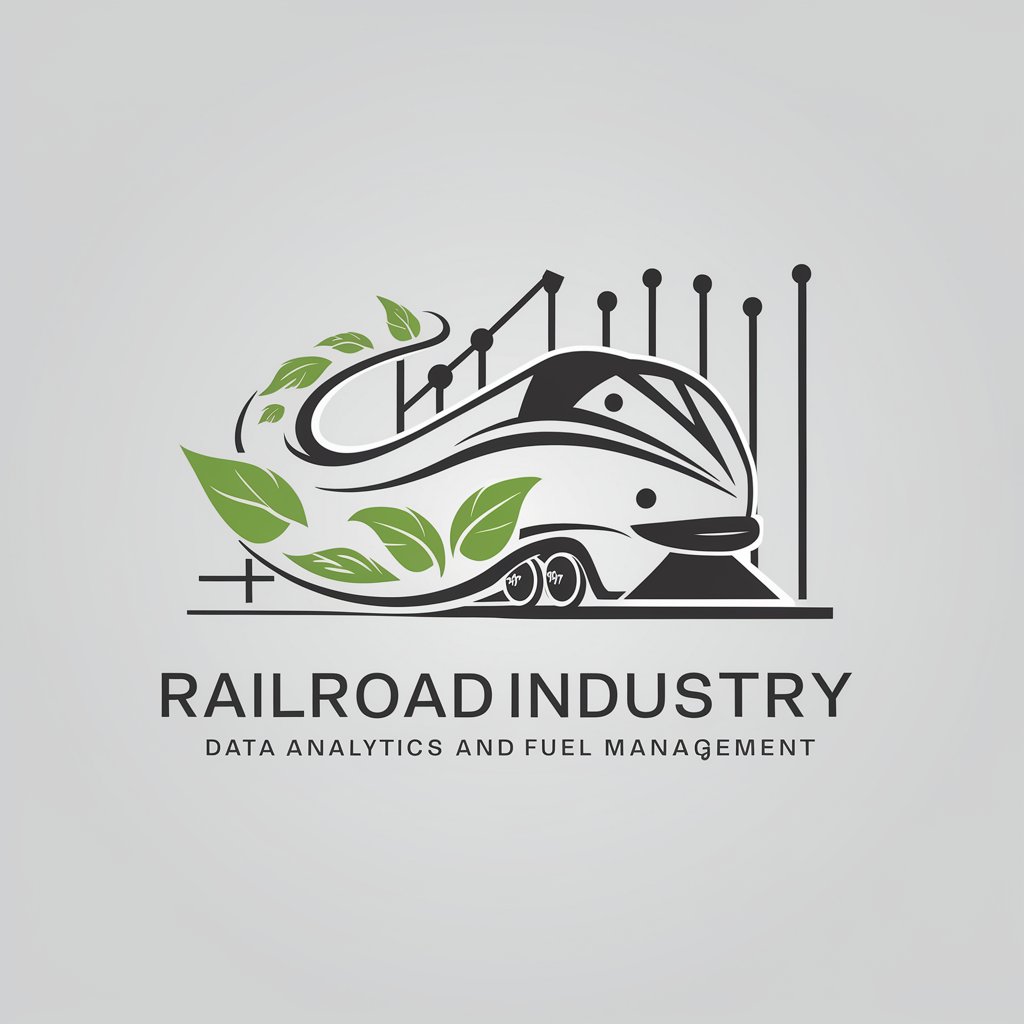
Welcome! Let's explore fuel conservation and emissions reduction for railroads.
Empowering Railroads Towards a Greener Future
Explain how railroads can leverage data analytics to improve fuel efficiency and reduce greenhouse gas emissions.
Discuss the role of Energy Management Systems (EMS) in optimizing fuel use for railroads.
What are the benefits of using biofuels in locomotives for reducing greenhouse gas emissions?
Describe the impact of Precision Scheduled Railroading (PSR) on fuel efficiency and greenhouse gas reduction.
Get Embed Code
Railroad Greenhouse Gas Expert Introduction
Railroad Greenhouse Gas Expert is a specialized knowledge source designed to address the challenges and opportunities surrounding fuel management, greenhouse gas emissions reduction, and efficiency improvement in the railroad industry. It leverages detailed insights from extensive research, case studies, and real-world implementations of fuel conservation technologies and strategies. For example, this expertise is grounded in understanding the significant impact that accurate fuel consumption data, energy management systems, and idle reduction techniques can have on reducing operational costs and environmental impact. Powered by ChatGPT-4o。

Main Functions of Railroad Greenhouse Gas Expert
Fuel Management Optimization
Example
Using accurate on-board locomotive fuel consumption data to identify inefficiencies and recommend improvements.
Scenario
A railroad company struggling with high fuel costs implements recommended changes, such as adjusting throttle use and better planning locomotive assignments, resulting in significant fuel savings and reduced emissions.
Implementation of Energy Management Systems (EMS)
Example
Guidance on selecting and deploying EMS technologies that automate fuel-efficient operations.
Scenario
After deploying an advanced EMS, a rail operator observes a 5% improvement in fuel efficiency across their fleet, translating into lower greenhouse gas emissions and operational costs.
Locomotive Idle Reduction Strategies
Example
Advising on the adoption of auto-engine stop-start systems and other technologies to minimize unnecessary idling.
Scenario
A railroad adopts idle-reduction technologies and practices, leading to a 10% reduction in idle times. This change significantly lowers fuel consumption and reduces the carbon footprint of their operations.
Aerodynamic Improvements
Example
Recommendations on aerodynamic modifications for freight cars and locomotives to reduce drag and improve fuel efficiency.
Scenario
After retrofitting a portion of their freight cars with aerodynamic enhancements, a rail company measures a 3% decrease in fuel use per ton-mile, demonstrating the value of aerodynamic improvements in rail operations.
Ideal Users of Railroad Greenhouse Gas Expert Services
Railroad Operators and Companies
These entities directly benefit from reduced operational costs and improved environmental performance through optimized fuel use and emissions reduction strategies.
Railroad Equipment Manufacturers
Manufacturers can leverage insights to design and produce more fuel-efficient and environmentally friendly locomotives and railcars.
Environmental Consultants and Researchers
Professionals in this field can use the detailed case studies and strategies to advise their clients in the rail industry on sustainability practices.
Government and Regulatory Agencies
Agencies involved in transportation and environmental regulation can use this knowledge to inform policy-making and regulatory efforts aimed at reducing the carbon footprint of the rail sector.

How to Use Railroad Greenhouse Gas Expert
Start Free Trial
Begin by visiting yeschat.ai for a complimentary trial, accessible without the necessity for login or subscribing to ChatGPT Plus.
Select the Railroad Greenhouse Gas Expert
From the available list of tools, choose the Railroad Greenhouse Gas Expert to specifically focus on railroad-related greenhouse gas emissions queries.
Input Your Query
Enter a detailed question or describe the scenario you need assistance with, focusing on railroad fuel efficiency, greenhouse gas reduction, or related topics.
Review the Guidelines
Familiarize yourself with the provided guidelines to understand the types of questions best suited for this tool, enhancing your usage experience.
Submit and Analyze
After submitting your query, analyze the detailed response provided, utilizing the information for research, planning, or decision-making processes.
Try other advanced and practical GPTs
GAS Helper
Empowering your Google Scripts and Docs
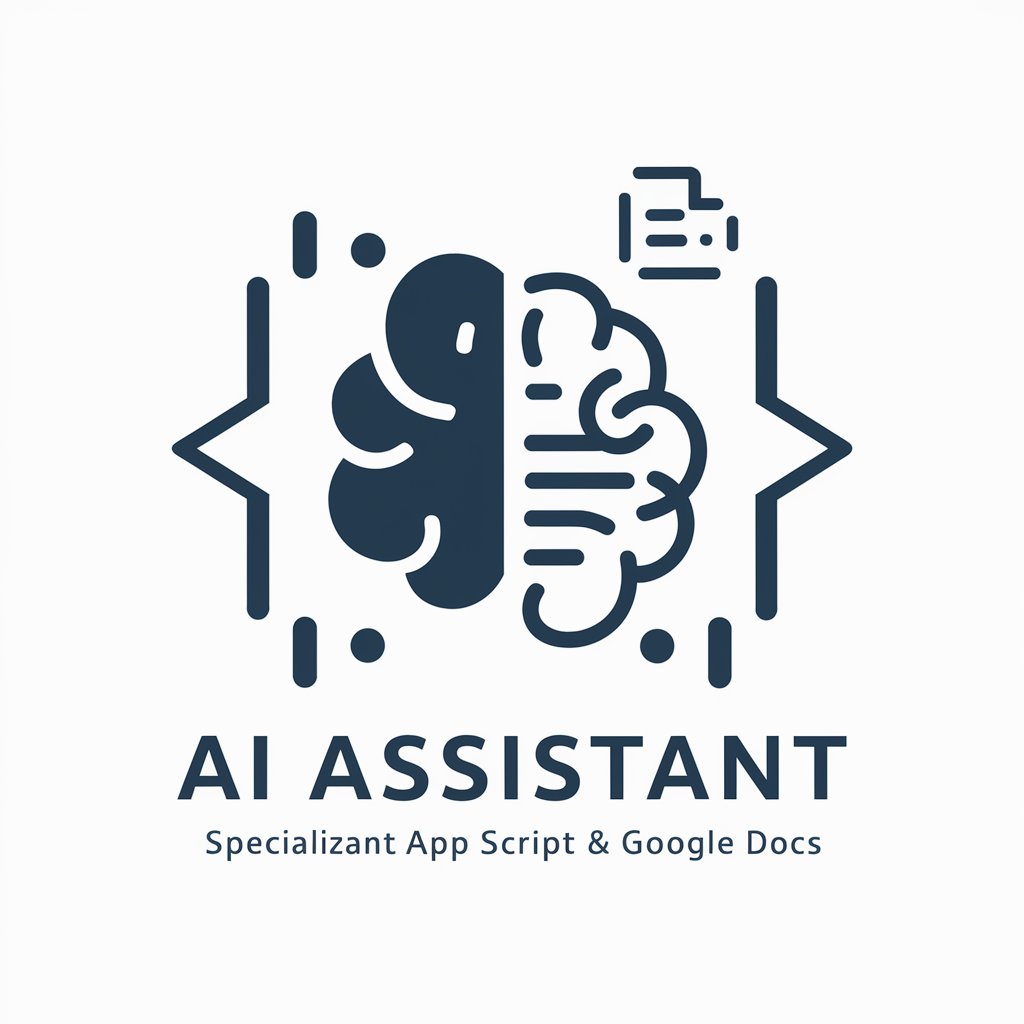
GAS Wizard
Empowering your Google Apps with AI

GAS Script Helper
Empower your scripts with AI-driven insights.
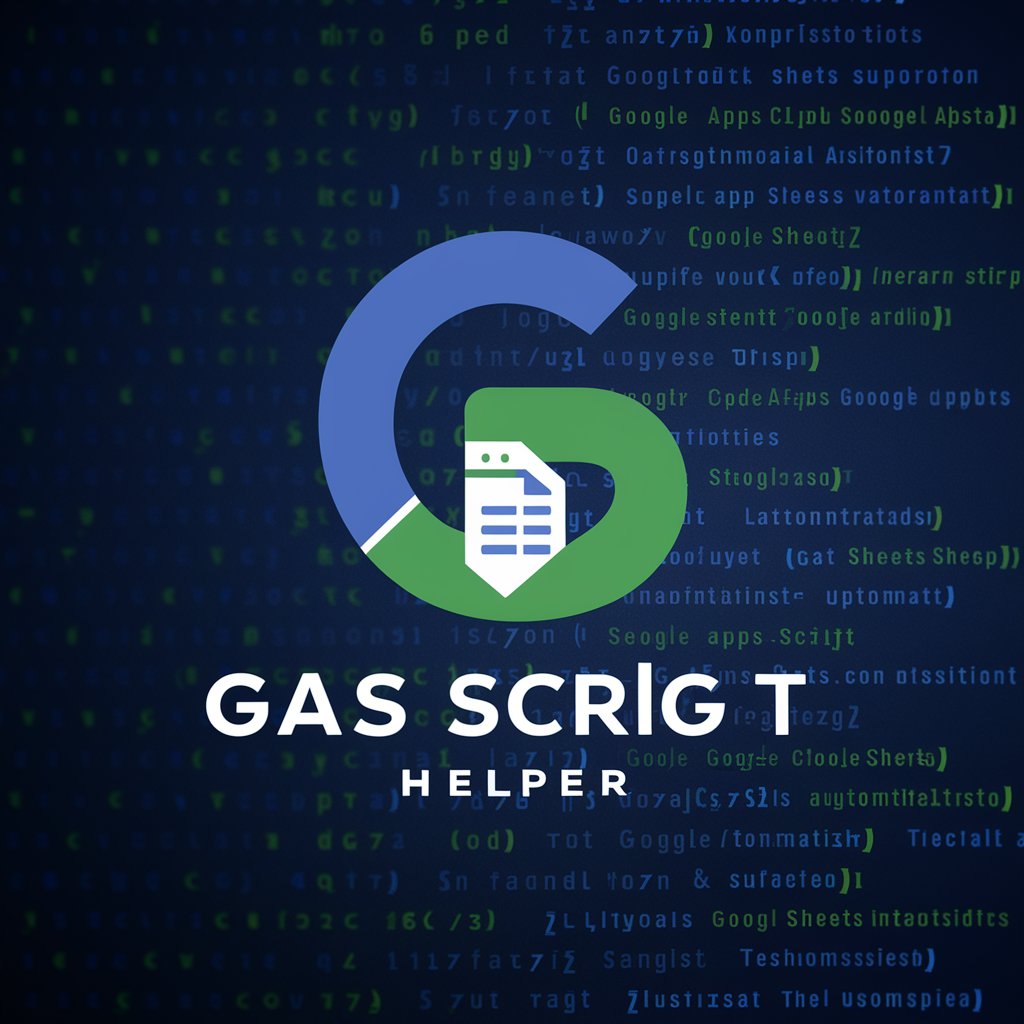
Gas Engineer's Assistant
Empowering Gas Engineering with AI
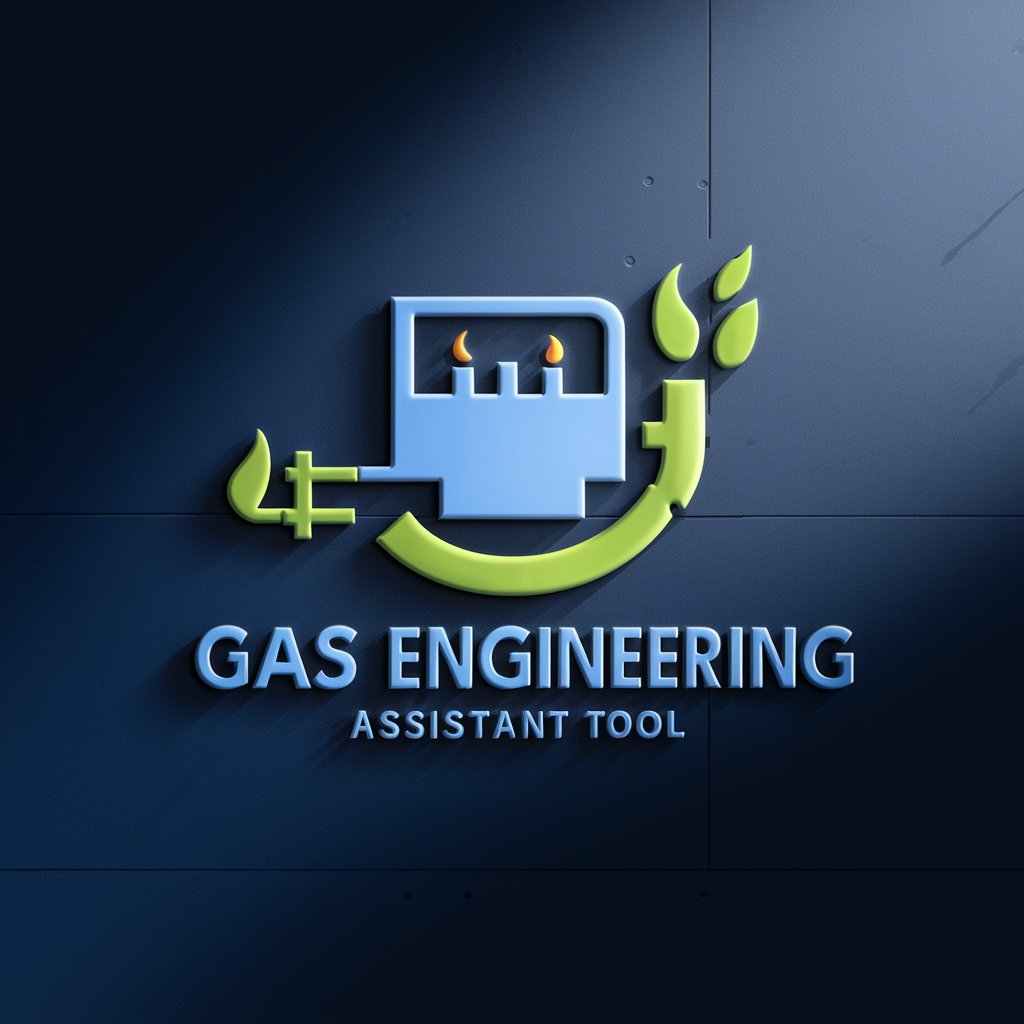
GAS Assistant
Empowering emissions compliance with AI
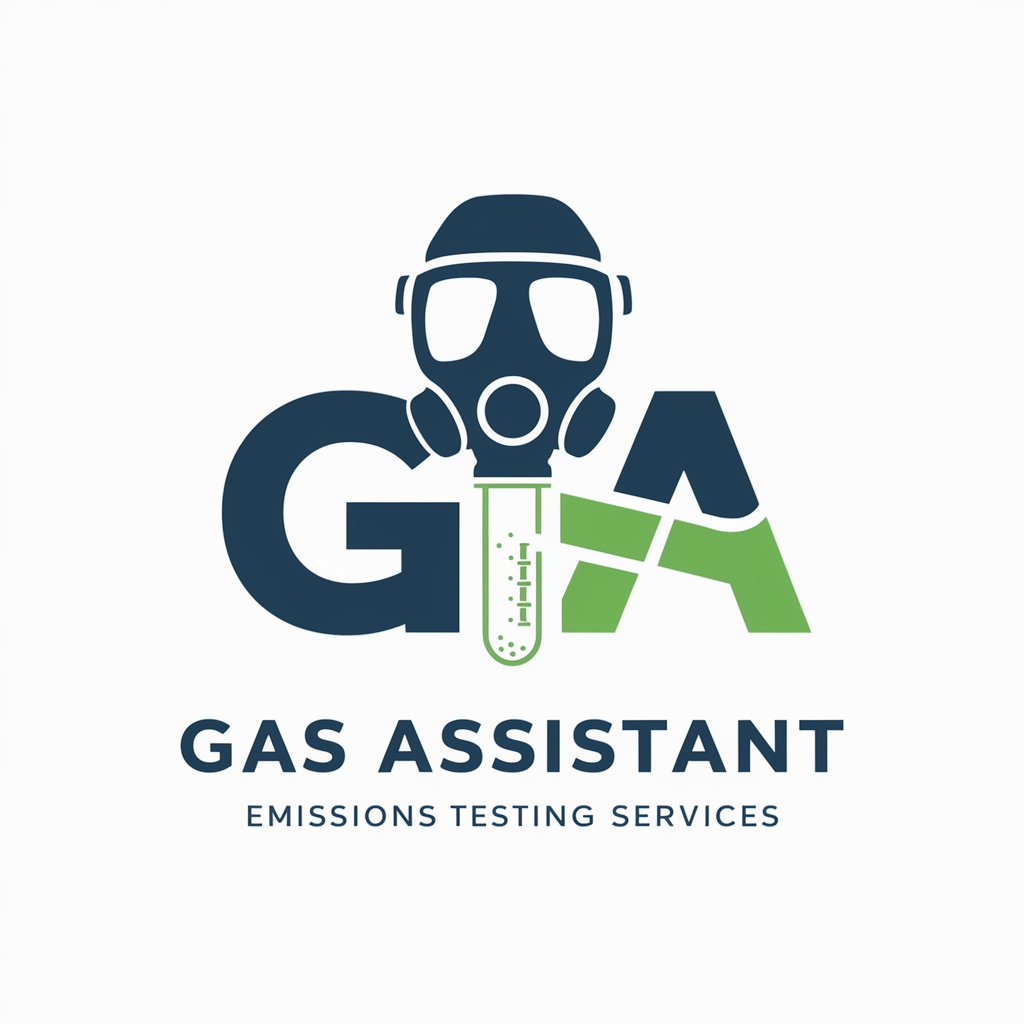
Gas Interpreter
Deciphering ABG values with AI precision.
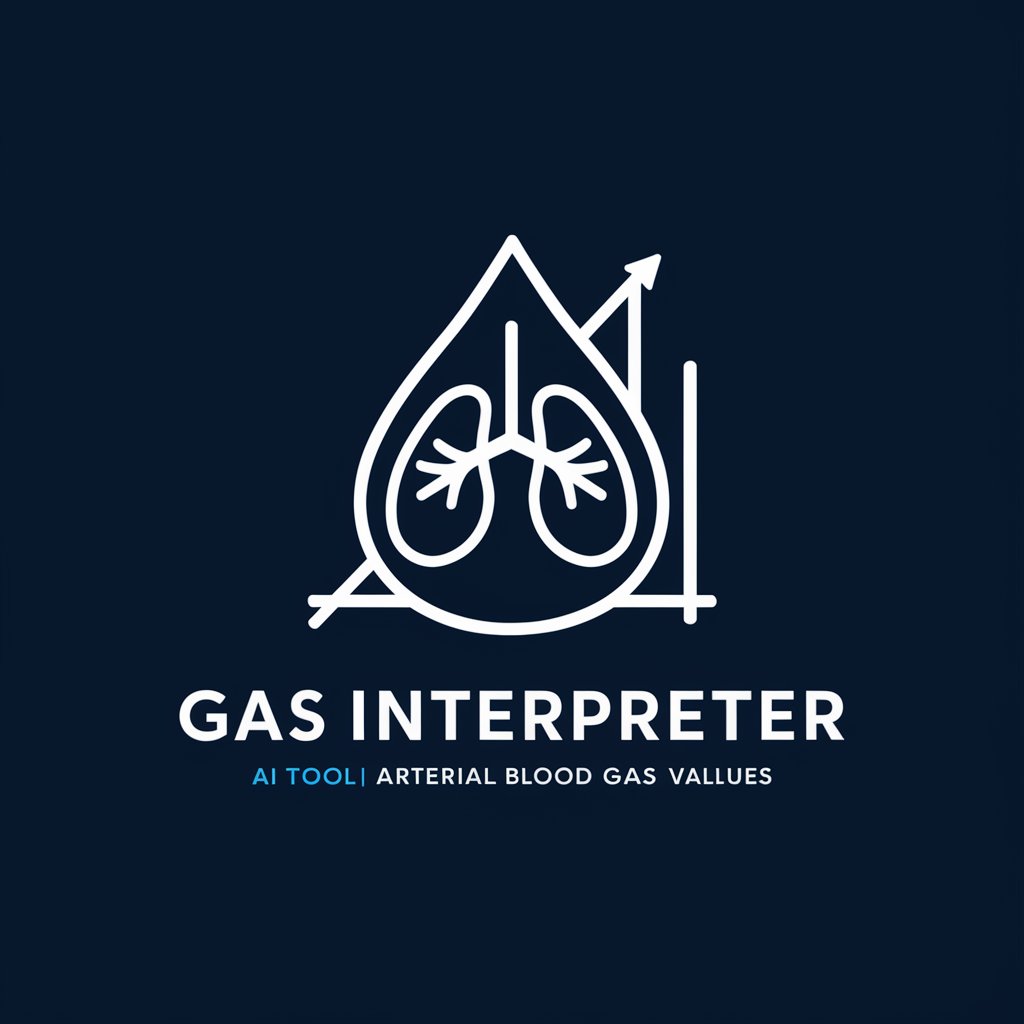
Idea Preserver
Transforming words, preserving ideas.

Linguist Preserver
AI-powered precise translation preserving original formatting.

Soft Reserve
AI-Powered Dining Guide

Biz Card Boss
Designing your professional identity, powered by AI.

SEO Structure Inspector
Optimize your website's structure effortlessly with AI-powered insights.

Structure Smith
Architecting your code, AI-powered.
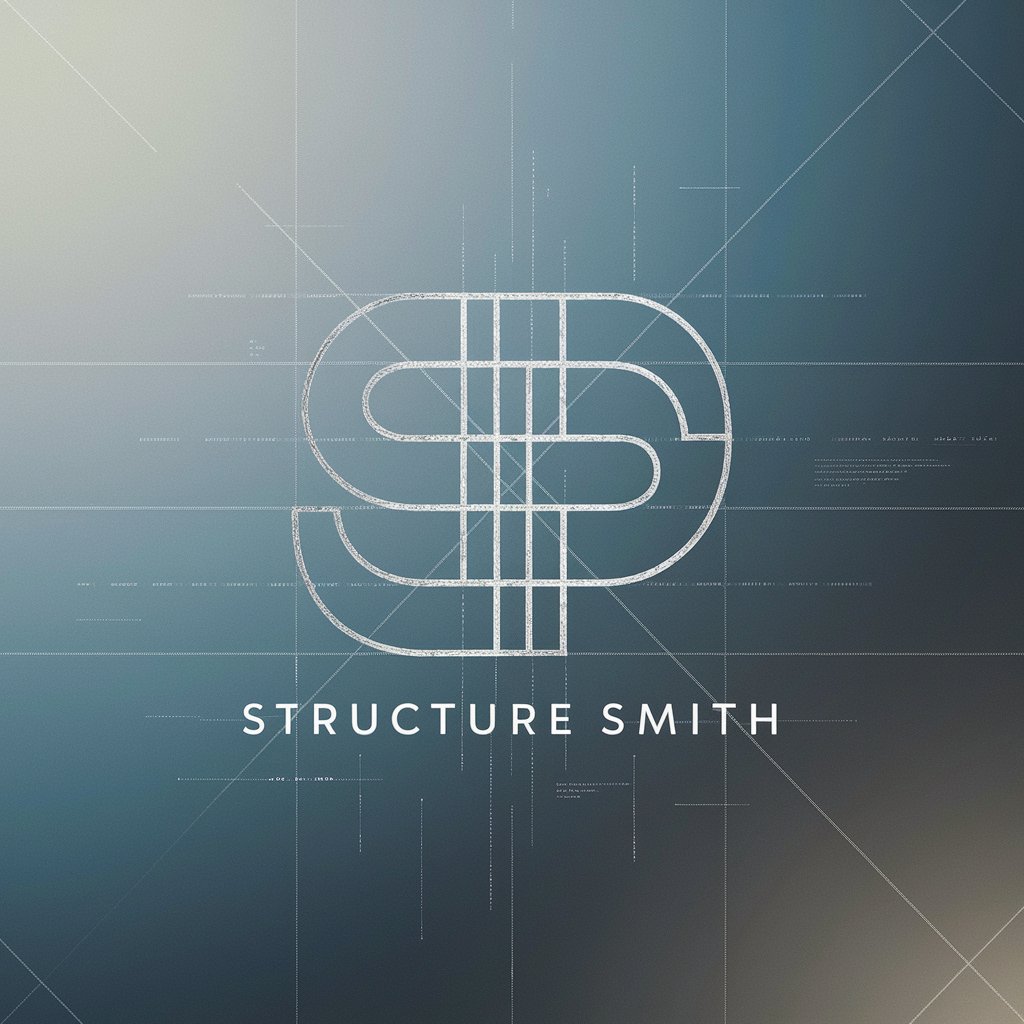
FAQs on Railroad Greenhouse Gas Expert
What is Railroad Greenhouse Gas Expert?
It's an AI-powered tool designed to provide detailed insights and solutions specifically related to reducing greenhouse gas emissions in the railroad industry, focusing on fuel efficiency and sustainability practices.
How can this tool assist in academic research?
For academic purposes, it can provide data analysis, reference materials, and case studies relevant to railroad environmental studies, aiding in thesis writing, research papers, and project development.
Can this tool help with industry compliance?
Yes, it offers guidance on current environmental regulations, strategies for meeting sustainability targets, and insights into best practices for railroad operations to comply with industry standards.
Is Railroad Greenhouse Gas Expert suitable for professional training?
Absolutely. It serves as an educational resource for industry professionals seeking to understand the impact of their operations on the environment and learn about innovative fuel conservation methods.
How often is the information within Railroad Greenhouse Gas Expert updated?
The foundational data is periodically reviewed to incorporate the latest research findings, industry trends, and technological advancements in the field of railroad sustainability and emissions reduction.
